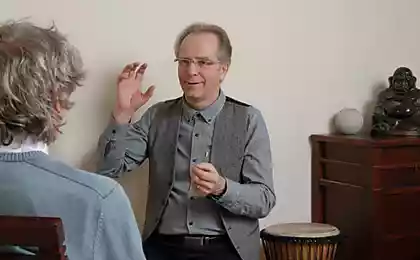230
Conflict of interest: how Russian entrepreneurs quarrel with investors

Differences in views and visions of how the project should develop, non-fulfillment of obligations, high expectations and high demands - sometimes this leads to irreversible disagreements, and sometimes allows you to come to a compromise. 5 vivid stories, where you can see the consequences of difficulties in the relationship between an entrepreneur and an investor.
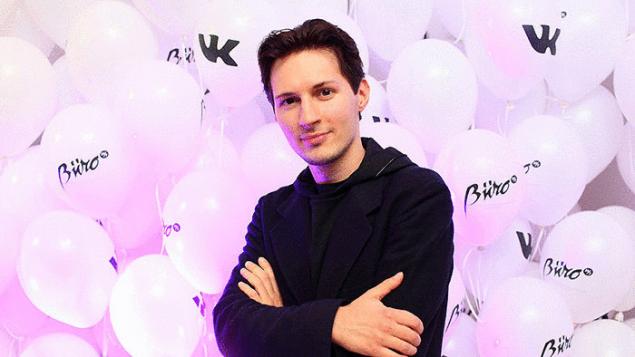
Pavel Durov, UCP and Mail.Ru Group “Mysterious dismissal” Pavel Durov, when he left the post of CEO of “Vkontakte” in April of this year, excited everyone. First, he wrote a letter of resignation, then said that he was joking, and then there was a very serious gesture of the company’s management – since the application was not withdrawn, and 30 days after its submission, Durov was fired in accordance with the law. However, on his wall in Vkontakte Pavel wrote that he learned about his dismissal from the press and that the withdrawal of the application was first accepted, and only then it turned out that it was issued “not according to all the rules.” The next day, United Capital Partners, then the owner of 48% of VKontakte, said in an interview with Forbes magazine that he did not consider Durov’s resignation “a fait accompli.” UCP partner Yuri Kachuro noted that the foundation does not have much sympathy for Durov, but considers it “absolutely necessary to follow legal procedures in corporate actions of such importance.” In his opinion, Durov, trying to protect himself from shareholders’ claims about the embezzlement of company funds and violations of the duties of the CEO, “has found nothing better than to try to politicize the situation and present himself as a political martyr.”
When in 2013, UCP bought the shares of VKontakte co-founders Lev Leviev and Vyacheslav Mirilashvili and took possession of 48% of the shares, publications about the fund’s claims to the founder and vice versa appeared in the media. In January, Durov sold his 12% to friend and CEO of MegaFon Ivan Tavrin, but was still CEO. On March 18, Tavrin sold his stake to Mail.Ru Group. He explained this by the deepest conflict between the founder of the company and the UCP Foundation. On his page, Durov spoke about disagreements with the fund - according to him, the sale of 48% of the shares was illegal. As a result, a lawsuit was filed in an arbitration court, in which case the share would have been offered to shareholders at the sale price. At the same time, UCP sued Pavel in connection with the launch of the Telegram messenger, which was developed by the Durov brothers even when they were employees of Vkontakte. In September 2014, Mail.Ru Group gained full control of VKontakte. The middle finger Durov once turned to MRG, boomerang conflicts and deals returned to him.
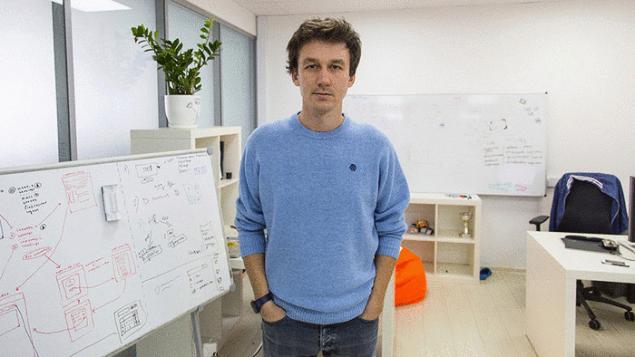
Denis Kryuchkov and Mail.Ru Group For the first time, the founder of Habrahabr.ru Denis Kryuchkov came for investments to business angel Alexei Basov, who invested $ 50,000 in the project and received a third of the business. Already at that moment, there were disagreements with programmer Yuri Balandin, who worked with Kryuchkov on the “Webplanet”. According to Balandin, he did not get his share, although it was he who mainly worked on Habrahabra. Kryuchkov claimed that the companion simply did not cope with his work. The founder of Dirty.ru Jovan Savovich agreed to help in the development of the project. Later, Yuri Milner’s venture fund DST bought 44% of the business, including Basov’s share, and invested about $ 2.4 million in it. All would be well, but the partners had disagreements on operational issues, and Savovich left the project.
Meanwhile, the company, called Thematic Media, was successfully developing. Soon the crisis broke out, and DST demanded to cut costs - Kryuchkov had to close new projects and lay off about half of his employees. Milner focused on the global market, and Hubrom was taken up by DST portfolio manager Arkady Sandler. He stated that Milner did not violate the written agreements, but said that the resentments of the startups against the investor took place: “Before the documents were signed, he knew how to be a sweetie.” Disagreements with DST continued – Kryuchkov, for example, could not accept that Felix Shpilman, a fund employee and bank analyst, was explaining to him how to work with developers and products. Then the entrepreneur decided to sell his share of DST for $ 55. Managers of DST, according to Kryuchkov, demanded from him also a laptop, and when he refused the deal, threatened that they would sue in case of failure to fulfill the promise. Spielman did not confirm these words, but people close to him said that he could have behaved like this.
When DST split into Mail.Ru Group and DST Global in 2010, Kryuchkov became even more nervous - he was sure that joining MRG would cause a negative reaction from users. Dmitry Grishin agreed with him and promised to keep the information secret. With him, Kryuchkov began to talk about the repurchase of his share, but met a refusal, which was explained by the economic inexpediency of the transaction. When Kryuchkov realized that Mail.Ru had nothing to catch without $10 million, he turned to Arkady Volozh - Yandex gave him a loan. The real source of funds was kept secret - Kryuchkov was afraid that if MRG found out whose money the company was being bought out, they would refuse the deal. But the buyback process itself proved painful - it was decided to distribute all funds to shareholders, although the founder of Habra begged not to do so. Two days after the transaction, Kryuchkov wrote a letter to Grishin, where he “poured him everything that boiled over the years”, and later gave a devastating interview to Roem.ru, where he told about his problems with investors in all details.
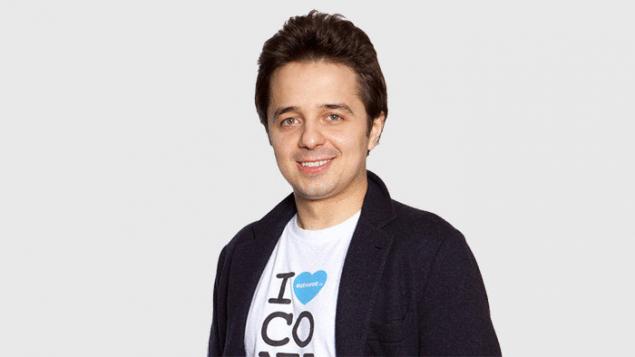
In September this year, General Catalyst Partners and Accel Partners announced that they ceased to be investors in the Russian online service “Island”. At first, its founder Sergey Fage mentioned the written agreements between Ostrovka and General Catalyst that the parties agreed not to comment on the details of the breakup, but investors were the first to break their promise, so he too decided to speak out. Fage claims that the fund did not ask them about any KPIs and “never even came to Russia to see what Ostrovok is.” In addition, General Catalyst insisted that Accel Partners’ European fund become their co-investor in the deal, although Fage did not like it because Accel had no operational experience. Then, a week before the next meeting of the Board of Directors, General Catalyst asked to provide high-quality operational and financial statements, but the creators of the service were not ready for this because they did not have the right financial service and analytical system. That’s when the relationship got complicated: investors demanded presentations and reports, and Fage didn’t understand what they wanted. A year later, the trust of the entrepreneur was finally undermined – the fund began to demand to cut costs and claimed that it was always against large costs, although, according to Fage, this is not true. Although costs were cut and General Catalyst said it would continue to invest in the project, the fund once said it would stop investing. Other investors of the project immediately threatened him with legal proceedings, as a result of which General Catalyst gave Ostrovka its shares and even paid $ 1.5 million from the top to protect themselves from the court.
While he blames investors for failing to provide constructive counterbalance and criticism, he admits he made many mistakes. It reminds all investors and entrepreneurs that the most important thing is trust between the two parties. Territorial proximity, proper conversations about business details and fulfillment of promises help to achieve it. General Catalyst co-founder Joel Cutler only noted that the gap is due to a disagreement with the company’s management about the amount of capital it should spend.
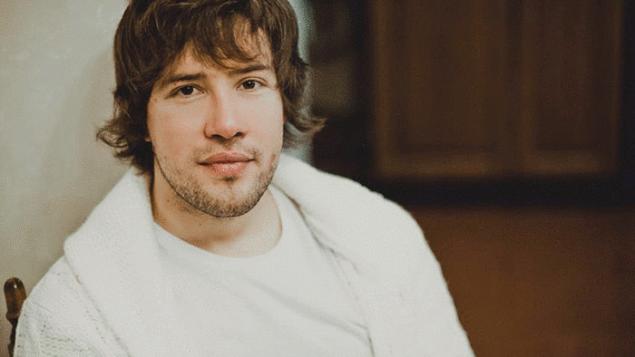
When Megaplan co-founder Mikhail Smolyanov first decided to attract investment, there was a crisis year in 2009 - the company had problems with revenue, although the number of customers reached three hundred. In December, a deal was made with the management company IQ One. Even then, it was clear that the conditions were unfavorable for Megaplan, the fund received 51% of the business, which was then estimated at several million dollars. Despite this, the company managed to improve its financial situation - it launched new products and organized a successful campaign for active users, the number of customers increased to 900. There were also difficulties. According to Smolyanov, IQ One imposed strict requirements for reporting, which had to spend a lot of time and effort to fill out papers “for people who do not understand how the IT business works.” This did not prevent the company from developing, but at the same time, advertising costs increased and strong competitors emerged. IQ One was closing box office gaps but wanted to pull out of the project. Then Megaplan began to look for new investors for the next round. The transaction took place with 1C, which Smolyanov appreciated not only as a suitable investor, but also as a good partner. As a result, IQ One was left with 26%. The lack of financial dependence solved the problem with reporting, it became easier to work. At that time, according to the newspaper “Kommersant”, “Megaplan” was estimated at $ 16 million.
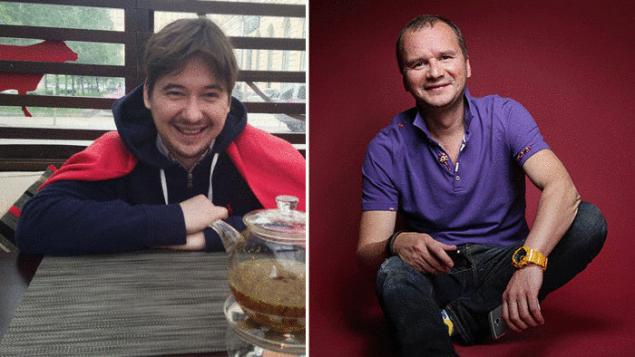
Yevgeny Gordeev and Igor Matsanyuk In December last year, Igor Matsanyuk, one of the Pluso investors (founder of IMI.VC), decided to publicly ask Evgeny Gordeyev why the main resources go to the development of the Atlas operator, and not to the social button service. When Gordeyev clarified whether the investor needs a serious answer or “we’ll joke, as usual?”, Matsanyuk said that he was “not into jokes.” Then the founder of Pluso spoke in detail about the growth of the company, the number of customers and shared rosy forecasts. Apparently, the phrase “the company is not yet making a profit” did not suit the investor. He decided to find out where and how much money was being spent, and asked for answers “in essence”. Although Mazaniuk's comments were accompanied by emojis, he continued to worry about why nothing had been heard about Pluso in the past few months. Another investor of the social button service Igor Ryabenki was invited to the thread, but he ignored the discussion. Soon Gordeyev said that he owns 90% of the company, and Matsanyuk and Ryabenky - 10%. Later, the Pluso founder published a post where he talked about two types of companies - some begin to make money in the first year, and others "space so that participation in them is more a mission and a path than a prudent investment decision." Matsanyuk decided to ask what category Gordeev considers himself. The latter replied that startups Dolka, Moms.ru and Ibrand belong to the first group (and the others, apparently, to the second). At the time, the investor said he was looking forward to any offer to exit Pluso. After that, the publication “Zuckerberg will call” decided to clarify with the participants of the tense conversation, what really happened. Gordeev said that Matsanyuk did not leave Pluso and that there was no conflict: “Igor Vitalyevich held a public mentoring session, charged us with success.” The investor confirmed that he is not going to sell the share.
The text was prepared on the materials of Forbes, The Village, Zuckerberg will call and Roem.ru
Source: theoryandpractice.ru






















